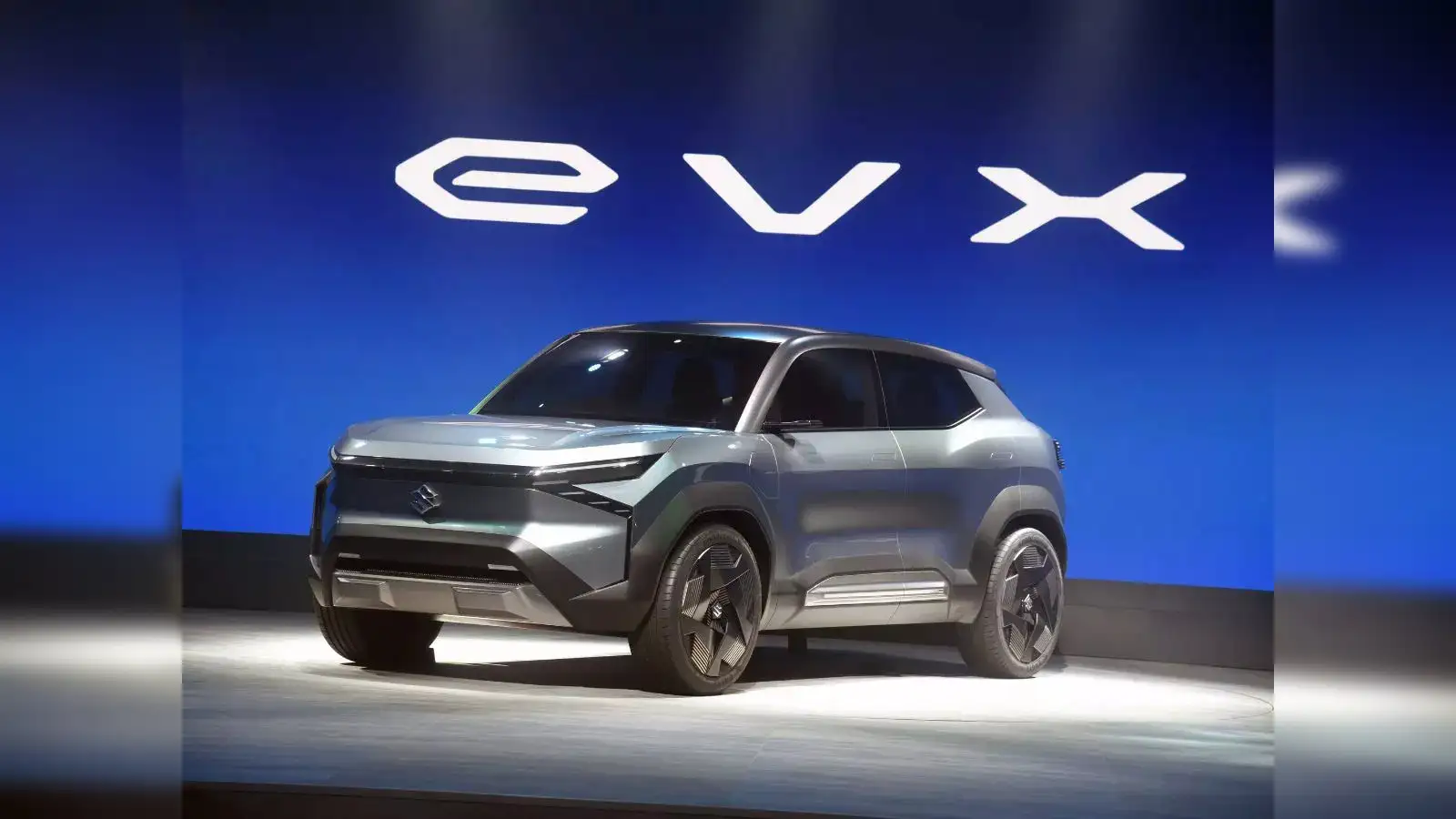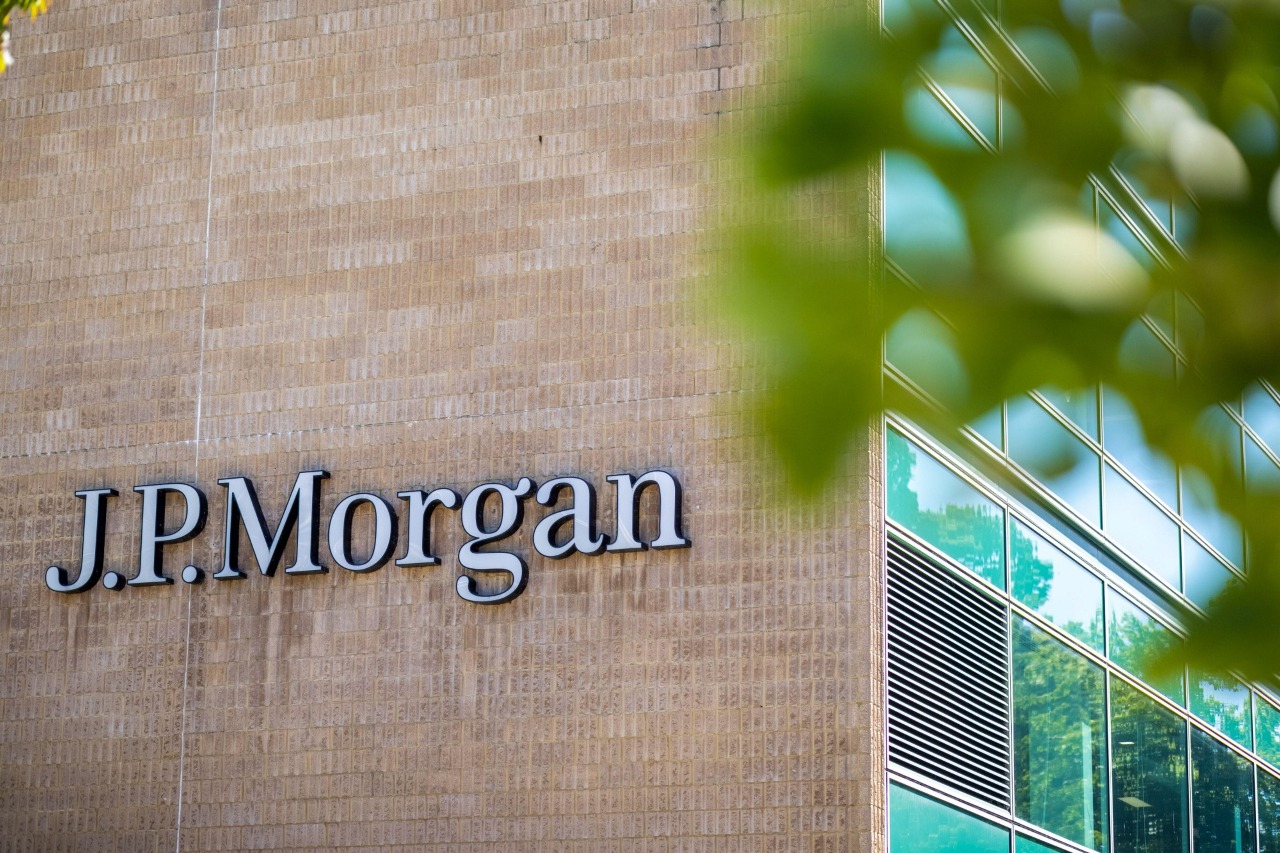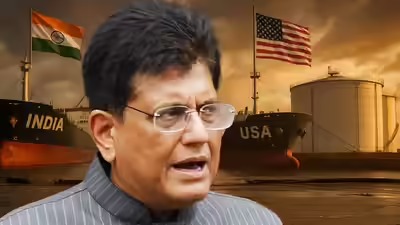 Image Source: The Economic Times
Image Source: The Economic Times
Maruti Suzuki’s EV Launch Strategy: Infrastructure First
Maruti Suzuki is adopting a cautious approach to launching its electric vehicle (EV) in India, underscoring the critical need for extensive public infrastructure, home charging facilities, and a strong after-sales network before the introduction of its e-Vitara. Partho Banerjee, the company’s Senior Executive Officer (Marketing & Sales), emphasized that despite doubling EV sales over the past year, range anxiety and limited public charging points, especially on highways, continue to deter consumers from adopting EVs as their primary vehicles. The company is working to establish fast charging stations every 10 kilometers across the top 100 Indian cities, aiming to eradicate consumer reservations and position its e-Vitara as a household’s primary car, not a secondary or tertiary choice.
Key Highlights: Infrastructure and Service Ecosystem Development
Maruti Suzuki plans to create an extensive network of 1,500 EV-enabled workshops, covering more than 1,000 cities, offering trained manpower and special equipment to provide comprehensive EV servicing and emergency support.
The company also explores financing options and a leasing model to make the EV ownership journey smoother and more affordable.
With public EV charging infrastructure currently inadequate, Maruti aims to support customers by gradually building an ecosystem that addresses everyday charging needs and long-distance travel concerns.
Industry data shows EVs account for only 4.5% of total passenger vehicle sales despite a 93% year-on-year increase in registrations, highlighting the need for enhanced infrastructure to sustain growth.
Banerjee emphasized that all technology options—electric, hybrid, and traditional internal combustion engine vehicles—should remain available, allowing consumers choice aligned with their usage and preferences.
Auto Industry Outlook: Growth Driven by Tax Cuts
The Indian auto sector is expected to grow between 6-7% in the near term, buoyed by recent government decisions to cut consumer consumption tax rates on passenger vehicles. This move, characterized as the steepest tax cut in a decade, reduced the GST to 18% on most passenger cars from rates as high as 31%. Industry experts and dealers have noted a spike in showroom enquiries by approximately 15%, signaling stronger buying interest amid the approaching festive season, a crucial period for auto sales.
The GST cuts bring affordability, especially benefiting entry-level segments and middle-income families.
Market leaders, including Maruti Suzuki, Mahindra & Mahindra, and Tata Motors, are expected to capitalize on this demand upswing.
Despite a short-term dip in vehicle dispatches to dealers related to inventory adjustments, long-term outlook remains optimistic with increased consumer interest.
Analysts view this tax reform as a catalyst that can revive consumption patterns and further stimulate industry growth.
Strategic Approach to India’s EV Market
Maruti Suzuki’s prudent stance highlights a broader industry recognition that EV adoption in India hinges not just on product availability but a holistic ecosystem encompassing:
-
Public charging infrastructure coverage and fast charging accessibility on highways and urban centers.
-
Home charging solutions catering to convenience for everyday users.
-
Robust after-sales networks to alleviate maintenance concerns, including mobile service vans with EV capabilities.
-
Financing and leasing models to lower ownership barriers.
By focusing on these elements before aggressively pushing EV sales, Maruti Suzuki aims to foster consumer confidence and build a sustainable EV market in India.
Sources: Economic Times Auto, Business Standard, The Machine Maker, Reuters. Market Screener
Advertisement
Advertisement







